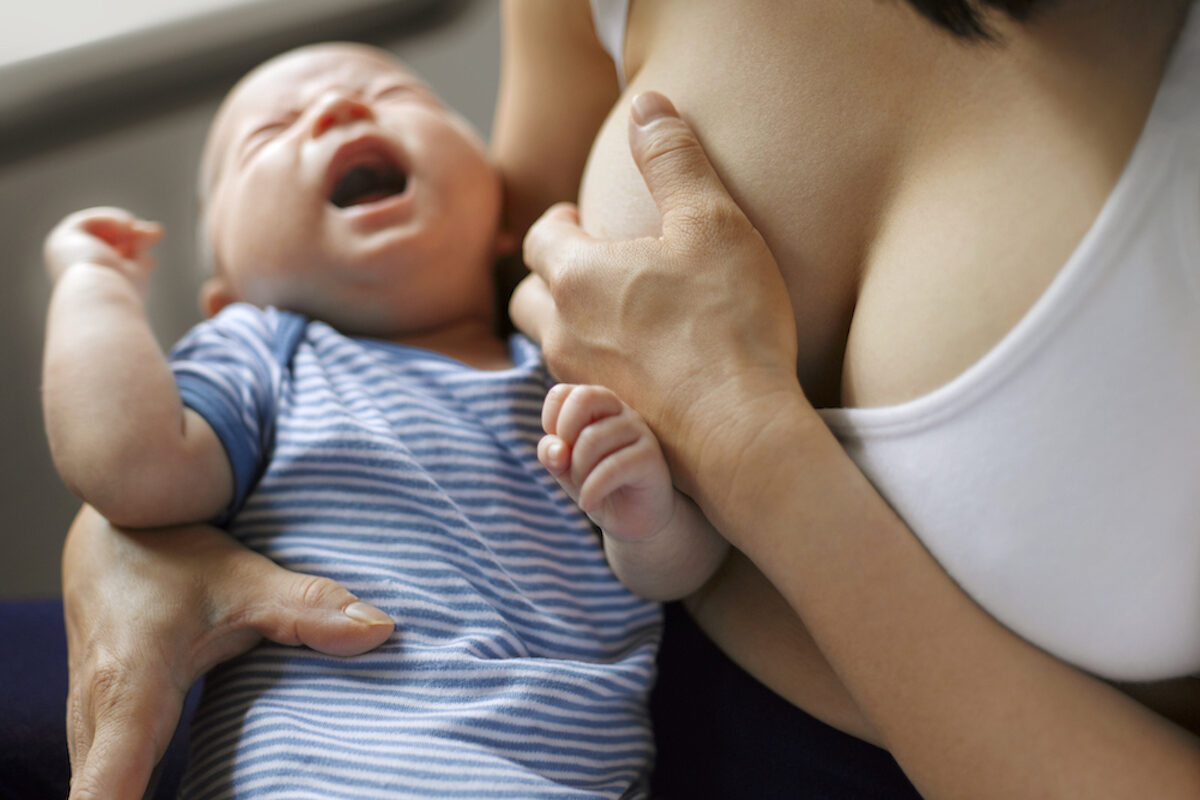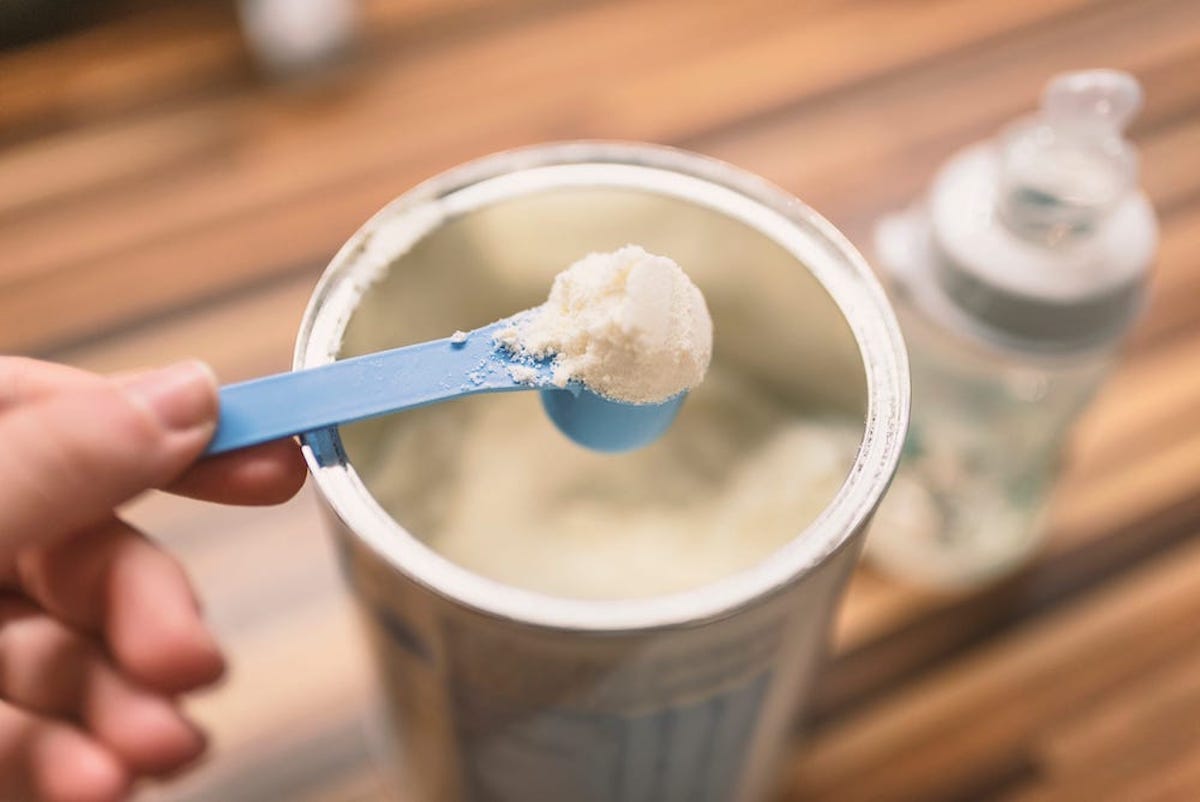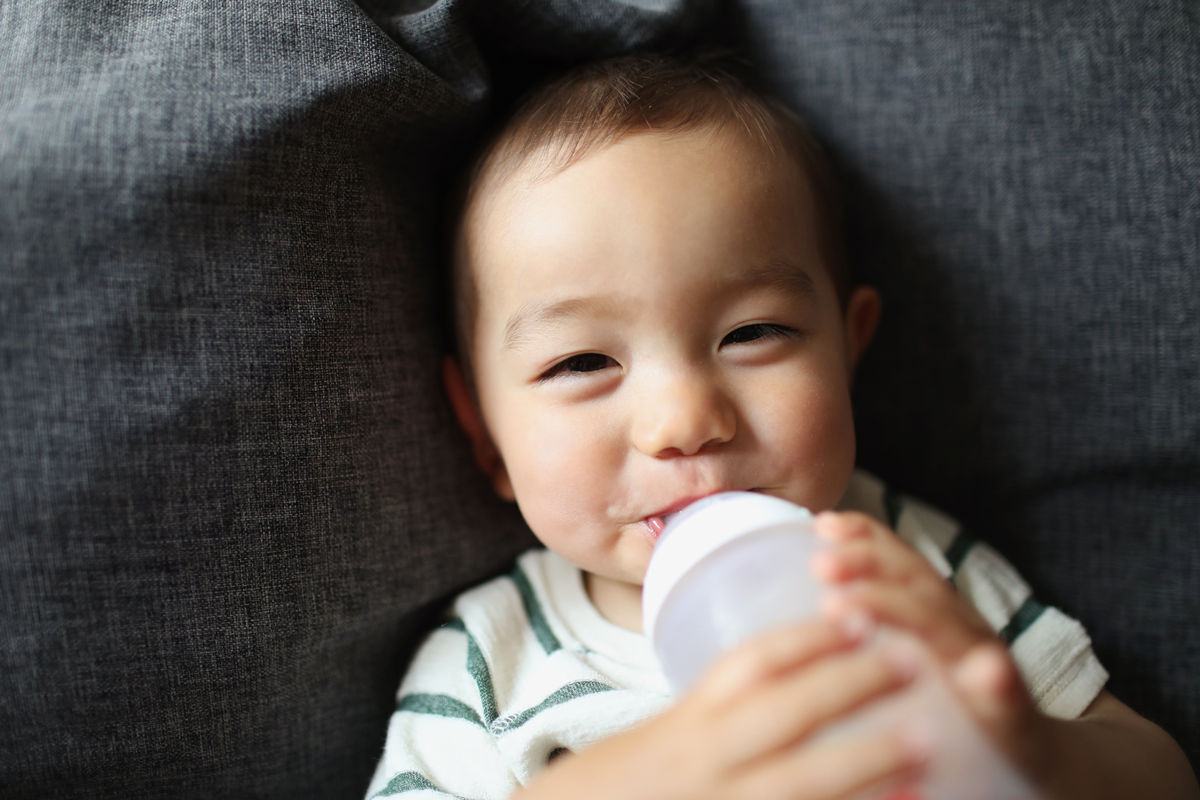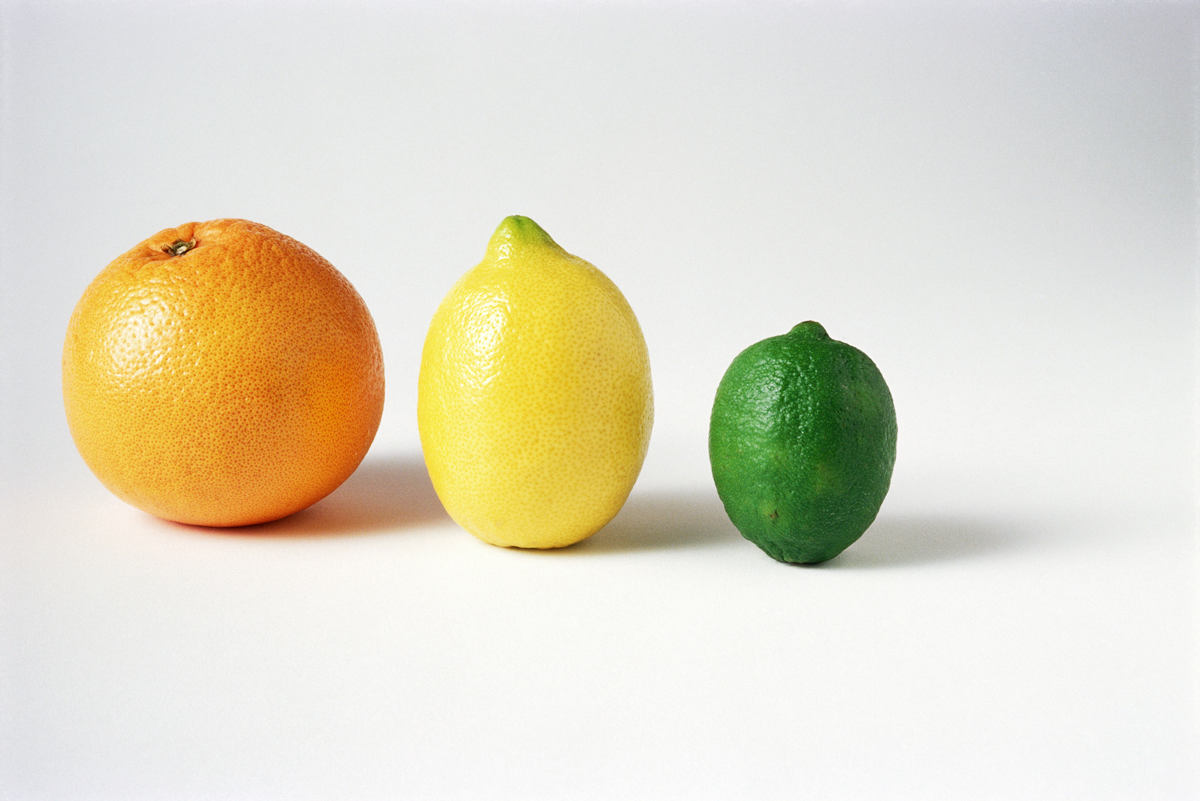I had a fairly traumatic breastfeeding attempt/experience with my first child. I have one flat and one inverted nipple and knew it would be challenging going into it, but had numerous midwives and lactation consultants tell me I could make it work, so I tried. It didn’t help that I had a baby who seemed distinctly disinterested in the process and preferred the bottle anyway. After seeing six lactation consultants, pumping seven times a day, and taping myself up with nipple shields and Haakaa tubes, all I ended up with was three bouts of mastitis, a trip to the ER for fear of an abscess (I didn’t have one, thankfully), and a fraught relationship with my newborn.
I am now pregnant again, and I mention all this to ask — is there any decent chance this will be different a second time around? Should I even make an effort, or go straight to formula?
—Nervous about Breastfeeding
First of all, this sounds incredibly traumatic and I’m sorry it happened to you. It’s a bit of a cautionary tale. On the whole, having more support for people to figure out breastfeeding is something I strongly believe in. But we do need to be careful that in delivering that support, it doesn’t come with the message that you must do this at all costs or that if you do not end up breastfeeding, you’re some kind of failure. Your experience shouldn’t be the norm, and clearly it would have been better if someone had suggested you switch to formula much, much earlier.

Your experience was extreme, but your question about whether the second will be similar is one I hear from many women. Broadly, the answer is that breastfeeding does tend to — on average — be easier the second time, but there is correlation over time in experiences.
To elaborate: there are some aspects of what makes breastfeeding hard that are likely to get easier with a second. First, your milk comes in sooner (on average) with a second birth. This means some of the early struggles where you aren’t producing enough milk are lessened. More nebulously, the fact that at least one of you has done this before (you, not the new baby) seems to make it easier. For whatever reason, women do tend to report that nursing is easier with later children.
Having said that, some of the barriers to breastfeeding can remain. Your milk production overall will be similar. In your case, your nipples are not going to change, even if you may have a better sense of the range of possible options.
When Dr. Spock wrote about breastfeeding in his child care book back in the 1970s, he said some version of “You might consider trying breastfeeding, since some people like it and it might work for you.” He did not go on to say it’s the key to a successful child or anything of the type, just that it might work for you. I think this is the right advice here too. You could try it with the second, and maybe it will work better and you’ll like it. But be prepared to quit if it doesn’t work, and know that everything will be fine.
Community Guidelines
















Log in